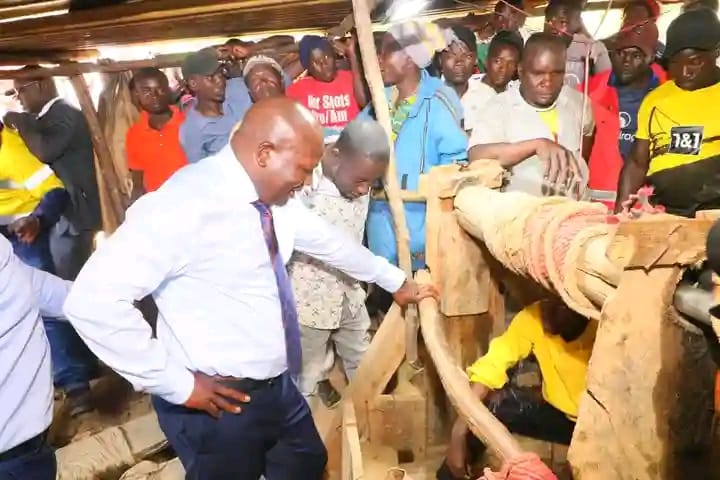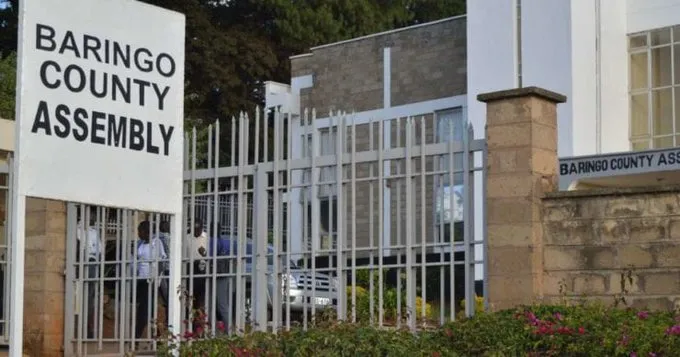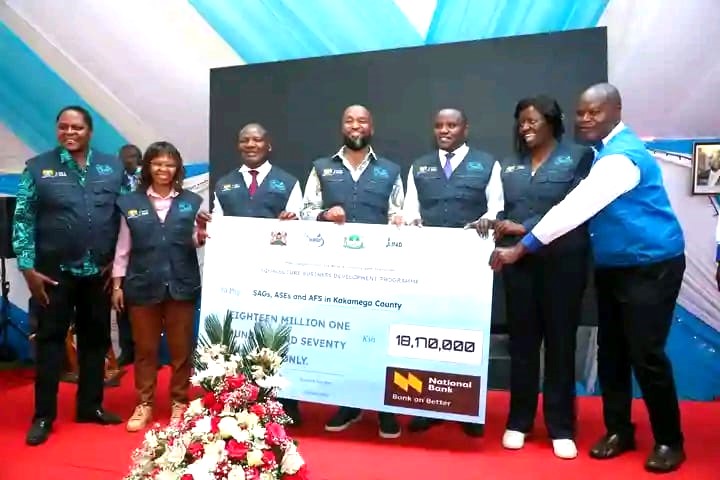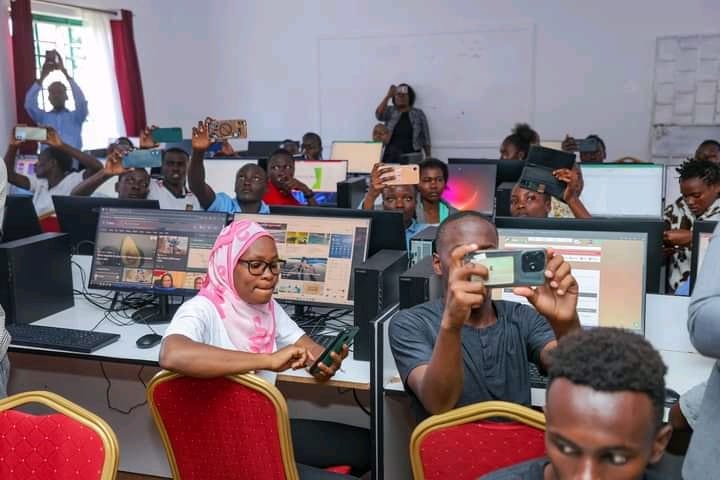By Wakhungu Andanje
The County Government of Kakamega is urging the Ministry of Mining and Blue Economy to fast-track the establishment of the Kakamega Gold Mine Refinery at Ikolomani to regulate extraction activities and enhance safety in the sector.
Governor Fernandes Barasa made the call after visiting Imachilifu village in the Museno community area of Isukha South, Shinyalu Constituency, where 20 miners were buried alive in a collapsed shaft. While 18 miners were rescued and are currently receiving treatment at the county general hospital, the tragic incident has intensified concerns over unregulated mining activities in the county.
The disaster occurred barely a week after Cabinet Secretary for Mining, Blue Economy, and Maritime Affairs, Ali Hassan Joho, visited the county and warned against illegal mining operations. He noted that such activities not only pose grave risks to miners but also deny both the county and local communities the economic benefits of value addition.
CS Joho highlighted Kakamega County’s vast mineral wealth, including gold, which, if mined properly, could significantly boost the economic status of the Mulembe people. He urged the county administration to collaborate with security agencies to safeguard the mines from unscrupulous individuals who exploit the minerals without adhering to proper procedures.
“It is crucial that we protect these mines for both present and future generations. Illegal mineral extraction is rampant, benefiting only a few at the expense of the community. Worse still, these activities are conducted recklessly, leaving the land barren, unrehabilitated, and hazardous to the residents,” Joho stated.
The CS called on the Kakamega County Government to enact stringent regulations to curb illegal mining and directed the County Commissioner to work closely with the administration to restore order in the lucrative sector. Joho further stressed the need to halt the exportation of raw minerals such as copper ore, which contains gold deposits. He lamented that while Kenya sells it at a throwaway price of less than USD 20,000 per ton, it can fetch up to USD 3,000 per ton once refined. He also pointed out the undervaluation of antimony, a rare mineral found in Kenya, which is currently being smuggled out at low prices despite fetching USD 40,000 per ton on the global market.
“China has banned the exportation of antimony after realizing its true value, yet in Kenya, cartels continue to illegally export it at a fraction of its worth. Recently, we arrested individuals involved in illegal mining worth millions of shillings, but when taken to court, they were fined a mere Ksh. 40,000.
“Just recently in Migori, authorities impounded 40 excavators and 40 trucks loaded with illegally extracted minerals ready for export. However, the fines imposed were so minimal that they only encouraged more cartels to thrive. The judiciary must be realistic in handling such cases because these fines do little to deter illegal activities,” he added.
Joho emphasized that mining revenues should benefit local communities, proposing that affected communities receive 1% of the gross revenue from each mine. He further urged for fair distribution of mining proceeds, with 10% allocated as royalties for community development and 20% directed to county government initiatives.
“We must ensure that communities are not sidelined in decision-making. They should be involved in determining how mining revenues can best uplift their livelihoods while also supporting county development projects,” he concluded.
The call for a regulated mining sector comes at a critical time as Kakamega grapples with both the promise of mineral wealth and the dangers of unregulated extraction.





